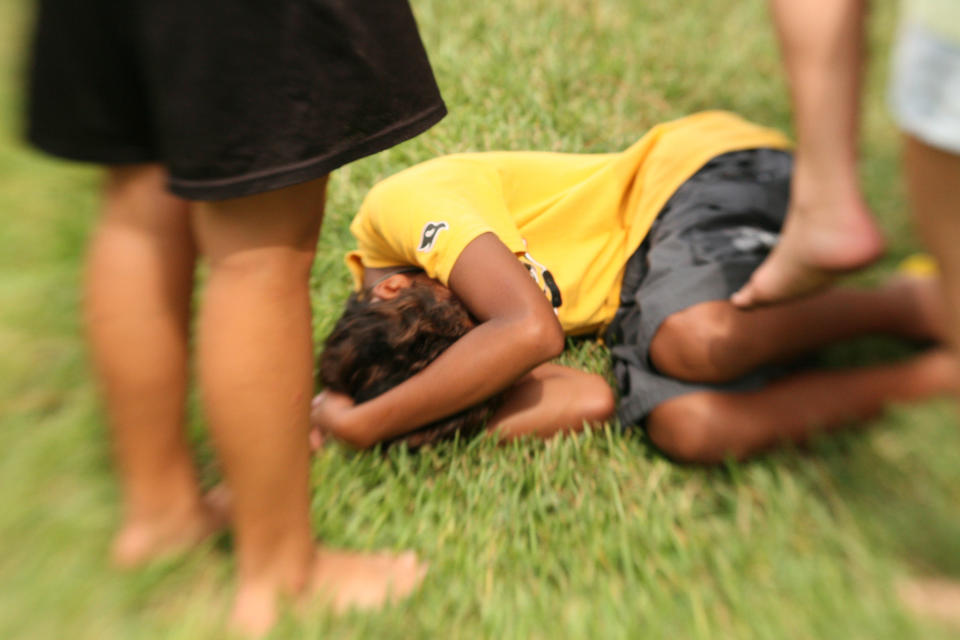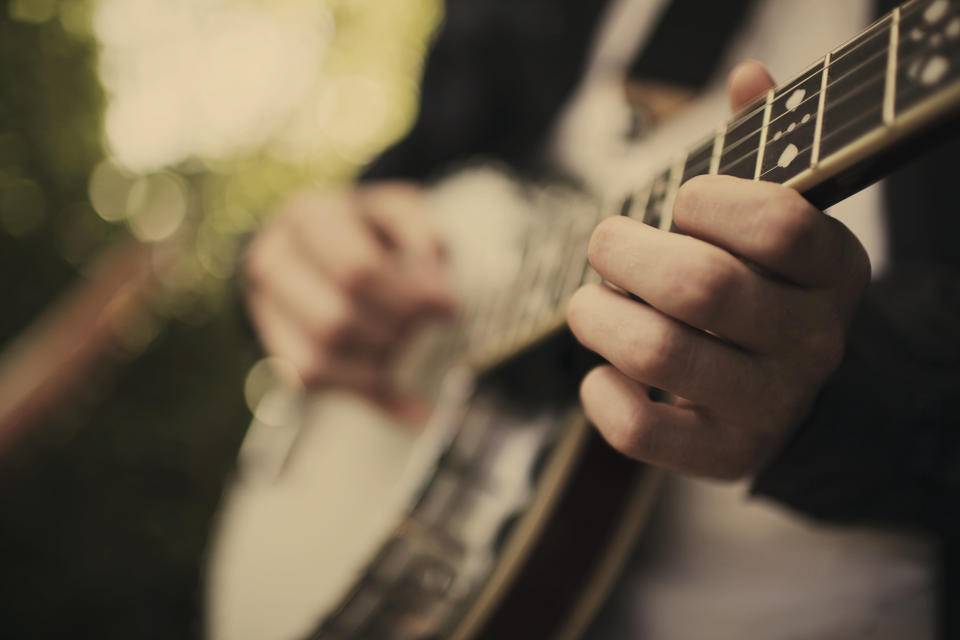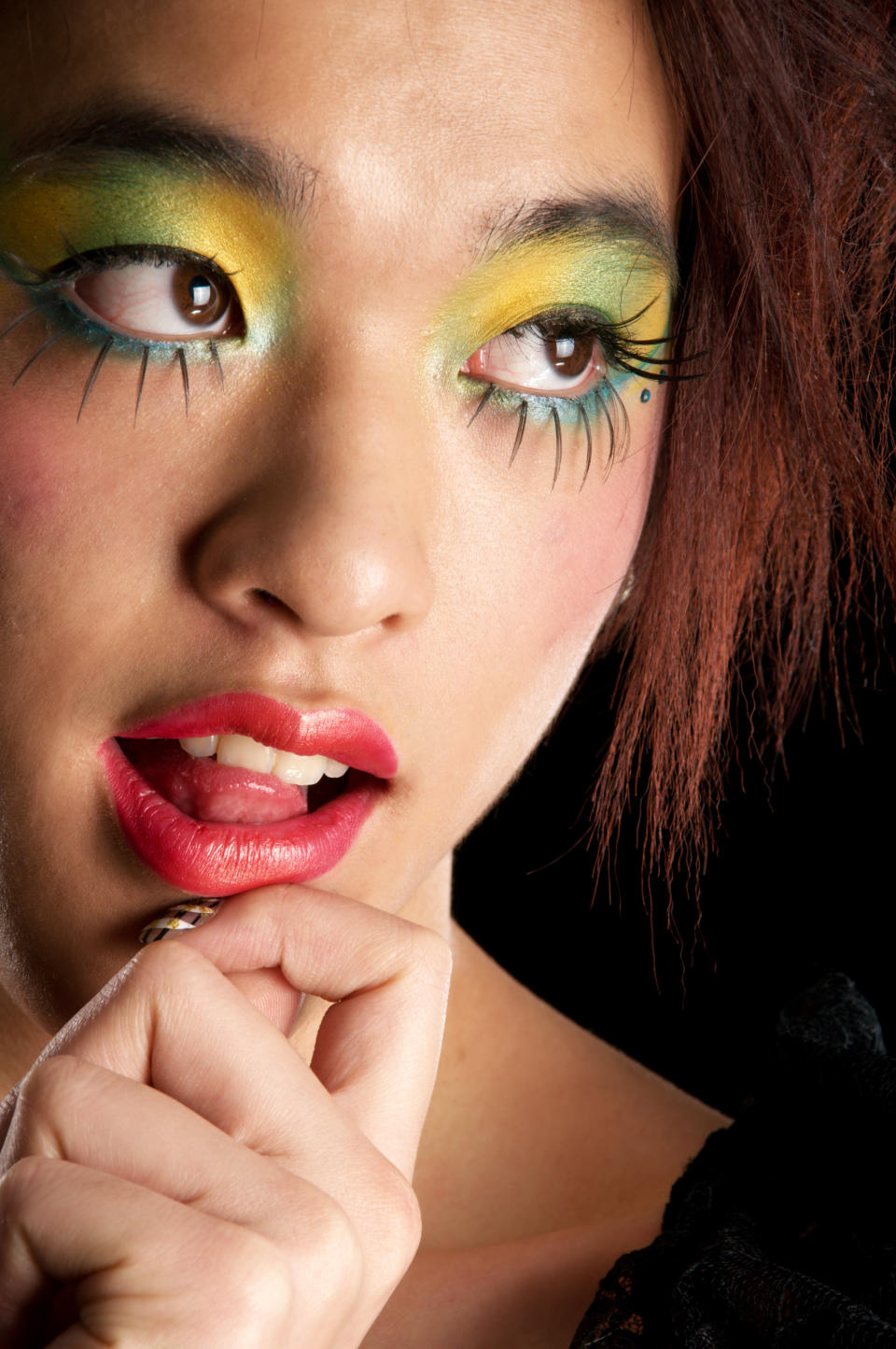Stop Using Free Speech As An Excuse To Be Awful
On Sunday, Vice President Mike Pence got a mixed reception when he delivered a commencement speech at the University of Notre Dame. Before he had even finished his address, dozens of students, some wearing rainbow flags on their graduation caps, stood and walked out.
Undeterred by the silent protest, Pence continued his speech, saying to the graduates: “While this institution has maintained an atmosphere of civility and open debate, far too many campuses across America have become characterized by speech codes, safe spaces, tone policing, administration-sanctioned political correctness ― all of which amounts to the suppression of free speech.”
This is a line of reasoning we’ve heard time and time again, mostly from those on the right. The pristine ideal of “free speech” is used to dismiss legitimate criticism of language and policies that harm marginalized communities. Figures like Milo Yiannopoulos, Ann Coulter, and Bill Maher have invoked the “free speech” argument when they’ve been called out, criticized, or boycotted for their rhetoric.
None of them, however, have actually had their speech curtailed. They have never been thrown in jail for things like inciting racist and sexist abuse against comedian Leslie Jones, or complaining about Jews in America, or suggesting Muslims are inherently violent. Indeed, it wasn’t until Yiannopoulos started speaking positively about pedophilia that he actually faced any tangible repercussions.
Perhaps to Pence, who has come under scrutiny in the past for his history of endorsing and enacting anti-LGBTQ policies, the students who booed and walked out during his speech were only proving his point: that we live in a society where political correctness (a phrase that’s often just coded language for “liberal oversensitivity”) is leading us to a future where young people balk at anyone who shares an opinion different than their own.
But it’s not that simple.
Contrary to popular belief, free speech, in the context of the Constitution, actually does have limits. The First Amendment does not protect speech that incites violence, fraud, or child pornography, or certain forms of obscenity. It puts limits and restrictions on slander, and intellectual property.
And while it protects criticism of the government (including the president), and also protects unpopular or potentially offensive political or ideological views, it doesn’t mean one can say or do anything they want without social repercussions.
In other words, free speech does not mean that people aren’t allowed to be offended by or disagree with what you say. Free speech is not an excuse to say racist, homophobic, sexist things. The Constitution may protect your right to say some of those things, but you are certainly not protected from being called out for doing so.
Beyond a seeming lack of understanding of the basic tenets of free speech, this line of critique also frames any identification of instances of racism, sexism, homophobia, Islamaphobia, ableism and transphobia as threats to free speech itself. And the ultimate effect of this argument can be chilling.
As Ulrich Baer put it in a New York Times essay published in April: “Requiring of someone in public debate to defend their human worth conflicts with the community’s obligation to assure all of its members equal access to public speech.”
The students who decided to publicly protest Pence for his views, many of whom identify as queer, have as much of a right to exercise “free speech” as Pence and his supporters. Safe spaces do not “suppress” anything ― they level the playing field in a landscape where so many of those who bemoan political correctness do so at the expense of already marginalized communities.
Of course, the conversation surrounding free speech is not a simple one. The difficulty of defining hate speech, for instance, has often come up in this ongoing debate, with some critics arguing that censorship is not the solution to offensive or hateful language that is constitutionally protected.
“There is no legal definition of hate speech that will withstand constitutional scrutiny,” Will Creeley, Senior Vice President of Legal and Public Advocacy at the Foundation for Individual Rights in Education, told Think Progress in January 2016. “The Supreme Court has been clear on this for decades. And that is because of the inherently fluid, subjective boundaries of what would or would not constitute hate speech. One person’s hate speech is another person’s manifesto.”
So, OK, both sides of the aisle must contend with how to express themselves and have vigorous debates about difficult without being awful. But research has shown that those who defend their “right” to use racial slurs and racist hate speech often use free speech to do so. A 2017 study found that out of hundreds of participants, those with high levels of racial prejudice were much more concerned with upholding freedom of speech, but were also less likely to defend free speech in non-racial scenarios.
It’s certainly savvy to deflect the argument that what you are saying is offensive by zeroing in on a political ideal, free speech, that everyone can get behind. It’s ultimately just a rhetorical ploy to normalize ideas that oppress others. And complaining when those who are oppressed call out these ideas, as is their right, is another petty ploy.
What Pence and Yiannopoulos and Coulter and other right-wing provacateurs are really doing when they weaponize free speech against marginalized people is perverting the idea of free speech itself.
CORRECTION: An earlier version of this story indicated that the First Amendment never protects hate speech. It does.
Also on HuffPost
Love HuffPost? Become a founding member of HuffPost Plus today.
Bullying

Cyberbullying

Stock Answer To 'What Are You?'

Real Answer To 'What Are You?'

A Friend To Confide In

If You Can't Speak, Write

Let Your Identity Be An Open Question

Embrace The Chameleon

Don't Be Afraid To Abandon The Labels Altogether

Get Involved In Life

Be Proud Of Who You Are

Have A Ready Defense Against The Identity Police

This article originally appeared on HuffPost.

